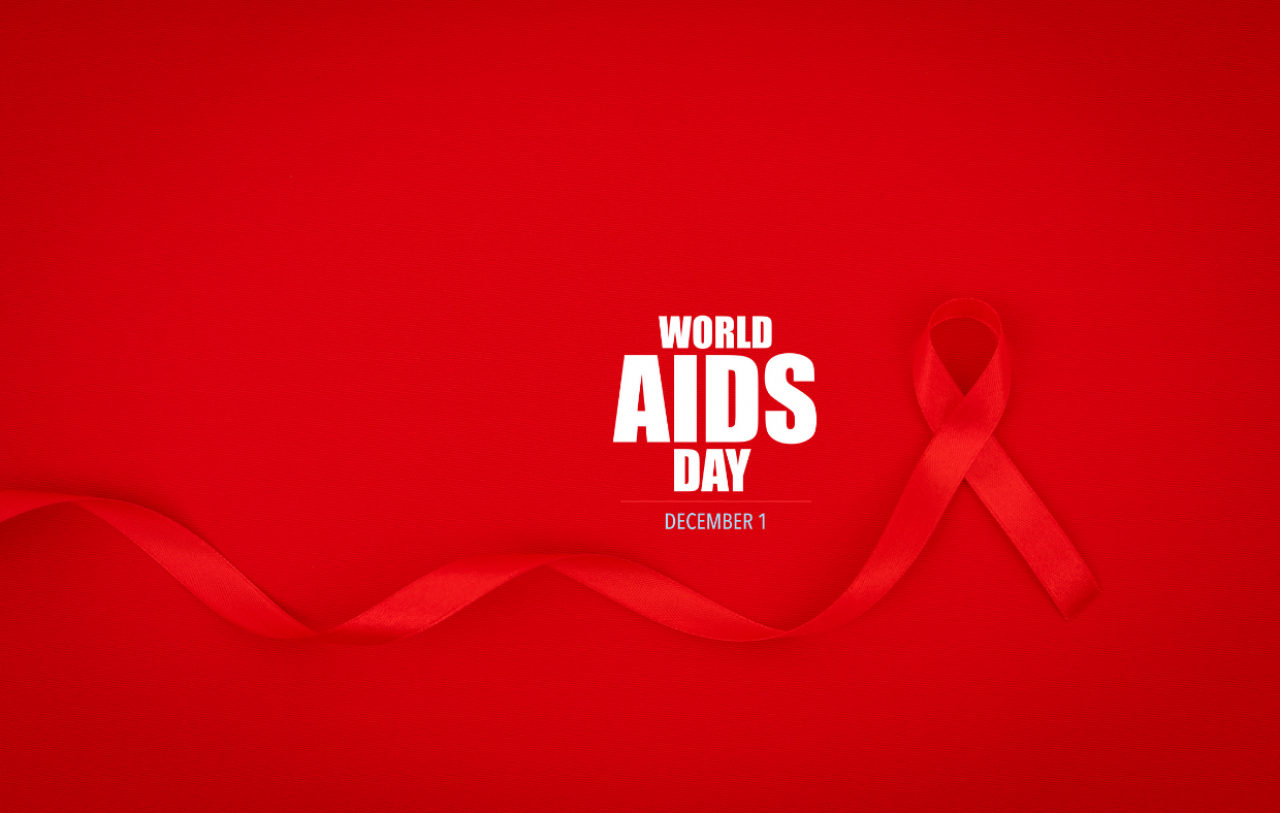December 1 is World AIDS Day, an international day dedicated to spreading awareness about HIV/AIDS and remembering those who have died from the disease. World AIDS Day started as an awareness campaign by the World Health Organization in the late 1980s, just as I was beginning my career. Now, as I near retirement and think about the past few decades, I’m inspired by how far we’ve come in understanding, treating, and preventing HIV/AIDS. I believe many of my patients may even see a cure in their lifetimes.
Despite all the progress, last year 1.5 million people contracted HIV and 650,000 died from AIDS-related illnesses. So there’s still plenty of work to do, especially when it comes to improving access to treatment, testing, and prevention worldwide. This year’s theme is Equalize –to overcome inequalities that reduce access to care.
The Early Years
After I finished my residency in the late 1980s, I started practicing as a National Health Service Corps doctor in Guerneville, California. The doctors there had been caring for patients with a disease that was as mysterious as it was deadly, later identified as AIDS. AIDS is caused by the human immunodeficiency virus (HIV)–a virus that attacks the immune system’s cells, leaving people vulnerable to infections that can quickly become life threatening.
During those early years of my practice, I took care of a lot of people with AIDS, mostly gay men under 30 years old. Sadly, AIDS only served to worsen people’s fears and prejudices around homosexuality, forcing an already marginalized group to manage the double heartbreaks of their own illness while also losing loved ones. The early days of the epidemic were the worst because we didn’t have any way to effectively treat HIV, and most of my patients died.
It wasn’t until activists pressured the Food and Drug Administration and pharmaceutical companies to develop remedies that options began to emerge. Early results were mixed. Drugs were rushed to market without being thoroughly tested, so they weren’t as safe and effective as they should have been. On the other hand, they were better than nothing–which is what we had. It took about a decade before we started figuring things out.
Effective Treatments Change Everything
In the late 1990s, we finally started to make progress. Today, people who are diagnosed with HIV early and maintain consistent medical treatment have a life expectancy nearly comparable to those without HIV. For many of the 200 or so people in the federally funded Ryan White HIV/AIDS Program at MCHC Health Centers, as long as they take their daily medication, HIV is the least of their problems.
Unfortunately, not everyone has equal access to testing and care, especially in places like sub-Saharan Africa, which is why we use World AIDS Day to raise awareness. In 2021, almost 6 million people did not know they were living with HIV. When we can diagnose people earlier, they respond better to treatment and the global spread of the virus slows.
Every adult should be tested for HIV at least once. People with risk factors — such as having condomless sex, sharing needles, and having other sexually transmitted infections — should be tested at least every year. For people at high risk, we now have preventive treatments in the form of oral medications and injections that reduce the chances of contracting HIV. We just need to get the word out about these new drugs and train more providers on how to prescribe them.
It’s amazing how far we’ve come since I started my career. I’ve had the honor of caring for some patients who are now in their 60s, 70s, and 80s, many of whom have been infected for decades. Thankfully, at least some of them have survived less-than-optimal treatments during the worst years of the epidemic and went on to live rich, full lives thanks on large part to advances in modern medicine.
Remembering Those We Lost
As part of World AIDS Day, we also mourn the more than 40 million people who have died from AIDS-related illnesses since the start of the epidemic. Their stories push us to keep going. World AIDS Day and international awareness have led to incredible progress, but if we take our foot off the gas, this virus will come roaring back. We haven’t eradicated HIV — at least not yet. If we continue to expand access to prevention, testing, and treatment for all people, it’s just a matter of time before we do.
Dr. Gorchoff is a primary care provider for the Ryan White Program at MCHC Health Centers—a local, non-profit, federally qualified health center offering medical, dental, and behavioral health care to people in Lake and Mendocino Counties.

 MyChart Login
MyChart Login

